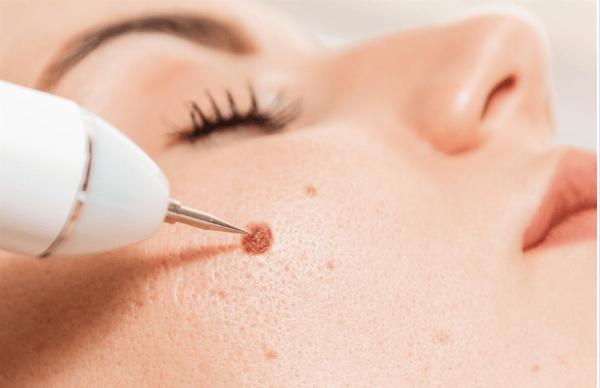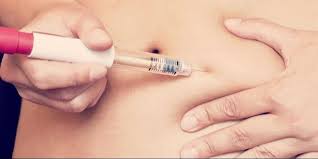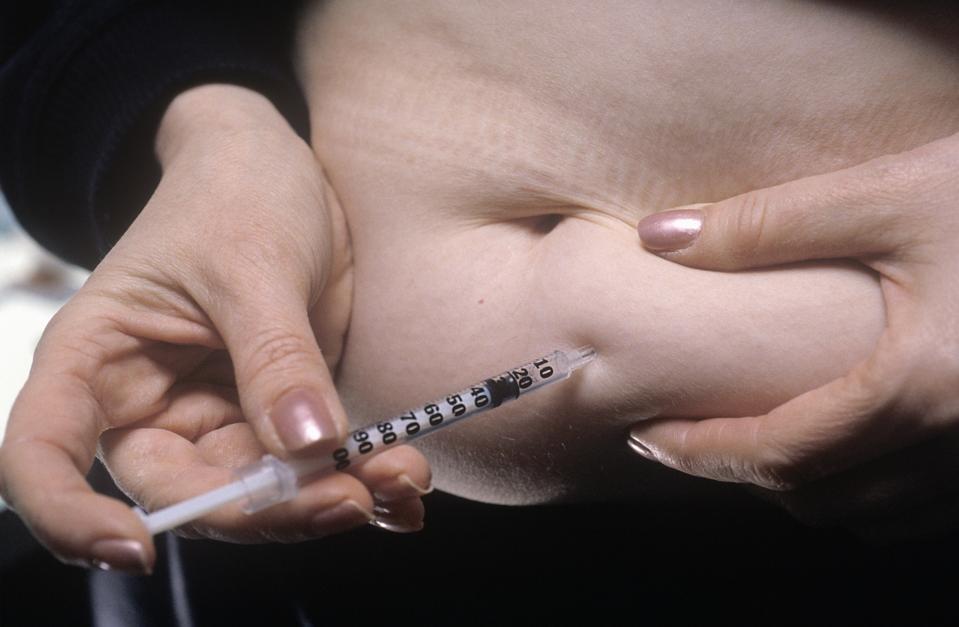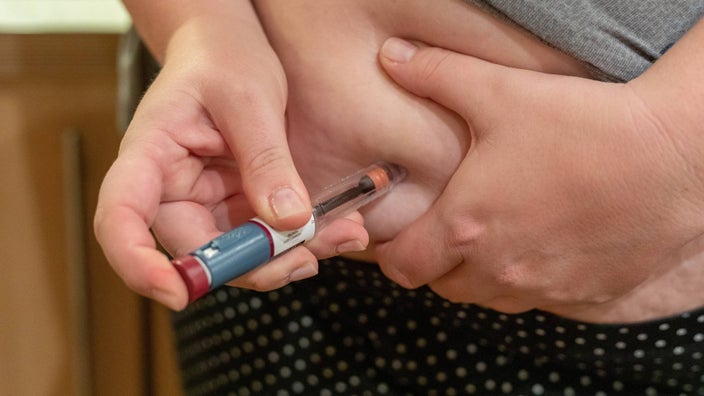Exploring the Connection Between Diet and Hair Loss
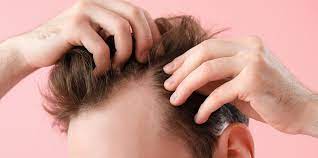
Hair loss is a common concern that affects millions of people worldwide, leading many to search for effective treatments. While there are various factors that contribute to thinning hair, one often overlooked aspect is diet. By ensuring you’re eating a nutrient-rich, balanced diet, you can support the growth of strong, healthy hair. If you’re already experiencing hair thinning, consider consulting with a specialist, such as those offering hair transplant in Dubai, for personalized treatment options.
The foods you eat play a crucial role in the health of your hair, and poor nutrition can lead to significant hair loss over time. In this article, we’ll explore the fascinating connection between diet and hair loss and how proper nutrition can help you maintain a full, healthy head of hair.
The Link Between Diet and Hair Health
Our hair is made up of a protein called keratin, and like every other part of our body, it requires nutrients to grow strong and healthy. A balanced diet rich in vitamins, minerals, and other nutrients supports the hair follicles and encourages growth. On the other hand, deficiencies in certain vitamins and minerals can lead to hair thinning or even hair loss. This is why understanding how diet impacts hair health is key to preventing or treating hair loss.
Key Nutrients for Healthy Hair
Protein Since hair is primarily made of protein, it’s no surprise that getting enough protein in your diet is essential for hair health. Lack of protein can lead to brittle, weak hair that may fall out. Ensure your diet includes lean meats, fish, eggs, legumes, and dairy products to support hair growth.
Iron deficiency is one of the most common nutritional causes of hair loss. Iron is essential for healthy red blood cells, which carry oxygen to hair follicles. Without sufficient iron, hair growth can slow down or stop. Foods like spinach, red meat, lentils, and fortified cereals can help boost your iron levels.
Vitamin D Vitamin D plays a crucial role in hair follicle cycling. A deficiency in vitamin D has been linked to hair loss, especially in conditions like alopecia areata. Sun exposure is the best natural source of vitamin D, but you can also find it in fortified foods and fatty fish like salmon.
Vitamin C Vitamin C is vital for the production of collagen, an essential part of hair structure. It also helps in the absorption of iron, ensuring that your body is able to efficiently use iron for hair growth. Include citrus fruits, strawberries, and bell peppers in your diet to get your vitamin C fix.
Biotin Biotin, also known as vitamin B7, is often associated with hair growth. Deficiency in biotin can lead to hair thinning or loss, though it is relatively rare. You can get biotin from foods like eggs, nuts, and whole grains.
Zinc Zinc supports the health of hair follicles and promotes cell reproduction, which is crucial for hair growth. A deficiency in zinc can lead to hair loss and slower growth. Foods like pumpkin seeds, nuts, and seafood are excellent sources of zinc.
How Poor Diet Contributes to Hair Loss
When your body doesn’t receive the nutrients it needs, it can lead to several issues that affect hair growth. For example:
Iron Deficiency Anemia: A lack of iron leads to anemia, which deprives your hair follicles of the oxygen they need to grow.
Hormonal Imbalances: Poor nutrition can trigger hormonal changes that may disrupt hair growth cycles.
Protein Deficiency: Inadequate protein intake can result in weak, brittle hair that’s more likely to break or fall out.
Additionally, rapid weight loss or extreme diets can shock the system, leading to a condition called telogen effluvium, where large numbers of hair follicles prematurely enter the shedding phase.
Diet and Hair Transplants in Dubai
For those seeking a more permanent solution to hair loss, a hair transplant can be an effective option. However, it’s important to understand that diet plays a crucial role even after the procedure. Maintaining a balanced, nutrient-rich diet post-treatment will help support the healing process and promote healthy hair growth following a transplant. To ensure the best results, follow your surgeon’s dietary guidelines and focus on consuming foods that nourish your hair follicles.
Tips for Maintaining a Hair-Healthy Diet
Eat a Variety of Nutrient-Rich Foods: Include a balance of proteins, healthy fats, and a variety of fruits and vegetables to ensure you’re getting all the necessary nutrients for hair growth.
Hydrate: Staying hydrated is essential for healthy hair. Aim to drink plenty of water throughout the day to keep your hair and scalp hydrated.
Limit Processed Foods: Excessive sugar, fats, and processed foods can contribute to inflammation, which can negatively impact hair health. Focus on whole, natural foods instead.
Conclusion
Hair loss can be a frustrating and distressing condition, but understanding the connection between diet and hair health can give you a valuable edge in managing and preventing it.
Note: IndiBlogHub features both user-submitted and editorial content. We do not verify third-party contributions. Read our Disclaimer and Privacy Policyfor details.




